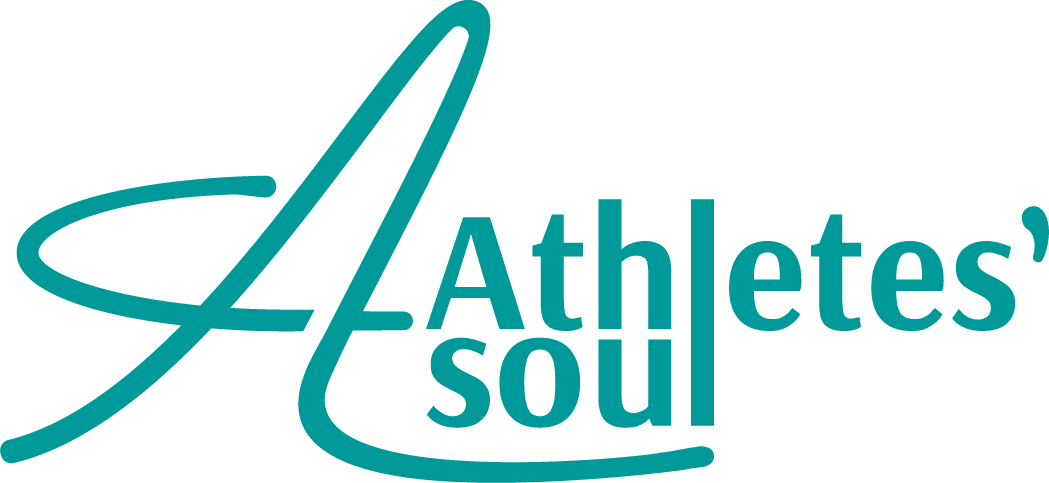10 Tips to Make the Most of Your Off-Time
As an athlete, you don’t always have a lot of time off but when you do, you want to make the most of it. Time off can be planned during your season or in your off season. It could be unexpected with an injury, a change in competition schedule, the cancellation of championships and sporting activities as we’ve seen during the pandemic. Regardless of the circumstances, you can turn this time into an opportunity.
Use the time wisely to recover, catch up with family and friends, learn about yourself, and familiarize yourself with the process of transition: transition to your next season or into your next chapter in life. Since transitions happen throughout life, it is important to understand this process, know what to expect, recognize your emotional patterns and how to handle them. That way you can develop, test, refine your pivot skills and prepare your future.
#1 Take some well-deserved time off from your sport if you haven’t already done so.
#2 Process your feelings of grief. If your time off is forced due to an injury or external circumstances, it can bring a variety of unpleasant emotions such as anxiety, uncertainty, anger, frustration, etc. Be patient and try to accept those feelings. It is ok to be angry, sad, and sometimes depressed. Feelings are temporary and will eventually be replaced by others. Being able to recognize and acknowledge them allows you to move forward faster and with ease.
#3 Set up a deceleration or off-season workout plan especially in the areas of nutrition, exercise and sleep and establish good health habits straight away. In time of transition (between sporting seasons or between seasons of life), having a daily routine provides a sense of normalcy and keeps you healthy. You also need to decelerate from your peak athletic performance in order for your body to adjust chemically. If you stop exercising cold-turkey, your body may face hormonal imbalances and this could impact your mental health.
#4 Take time to reflect and (re)define your goals. Look at what you want to achieve next season or in life in general, where you want to be long-term, what matters to you outside of sports. And consider the following questions: How do I want to use my sport as vehicle to achieve my goals in life? What drives me and inspires me every day? How can I channel my skills as an athlete into new ventures? What do I like? Working with a team? Seeing results? Competing to get to the next level? Do not skip this process as finding purpose and aligning your future projects with your core values is the foundation to your next chapter of life.
#5 Time to explore. Invest some time in exploring new interests outside of sports, growing your social and professional network, learning new skills. This goes hand in hand with your introspection and reflection work. Through this process, you will develop other identities and develop new perspectives.
#6 Celebrate your season or your whole career. Reflect on the positive from your season (if your in-between) or from your whole career (if you’re retiring). One of the exercises we recommend is creating a celebration book, collage, board and/or video. What have you learned? What are your biggest successes? What is your favorite part about your sport? What is your best memory? Who have you met along the way? Who inspired you? What positive feelings do you associate with your sports? What transferable skills have you gained?
#7 Create your own support group of people you feel comfortable speaking to and asking for help or support if needed: family, friends, mentors, former teammates or coaches. Set up regular calls with them to check in. This is a good excuse to keep your daily/weekly schedule structured.
#8 Develop your professional experience. Maybe this time off could be used to further your education, start an internship, take a job or volunteer to gain some experience in the profession and/or industry you are interested in.
#9 Mindfulness and resilience. Don’t forget to explore techniques and practices to support your mental health, well-being and spirituality such as relaxation, breathing exercises, visualization, meditation, yoga, journaling, etc. If you are unsure or have no experience with these techniques, this is a great time to try in the comfort of your home and without the pressure of a competition calendar.
#10 If you can afford it, consider seeking the support of professionals who can guide you and keep you accountable such as life coaches, psychologists, nutritionists, personal trainers, etc. Having a neutral person on your side will accelerate the process and your chances of success.
